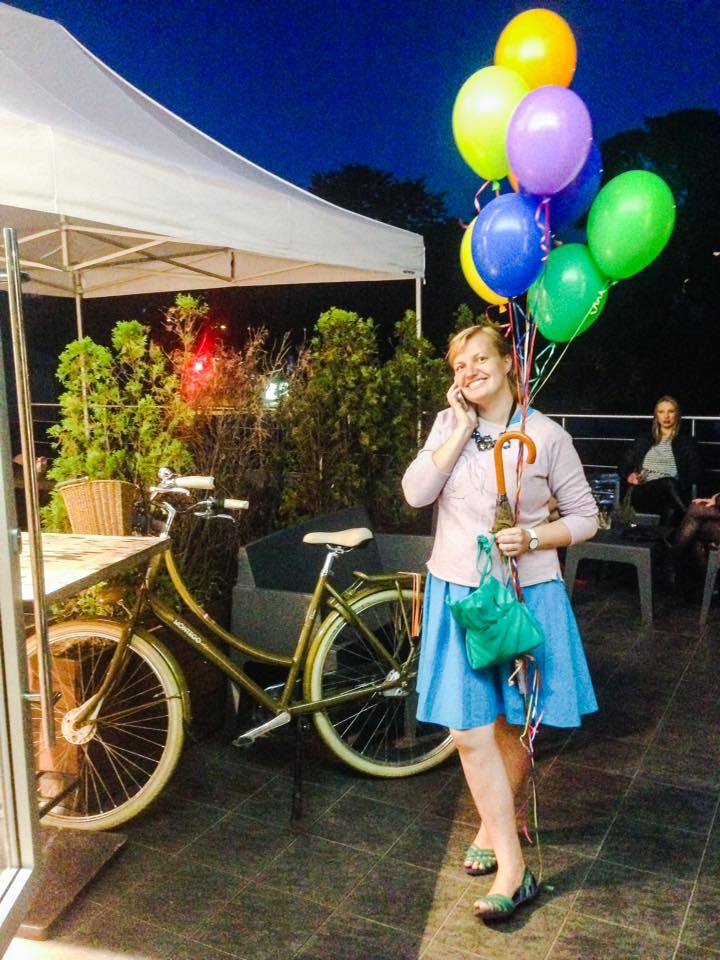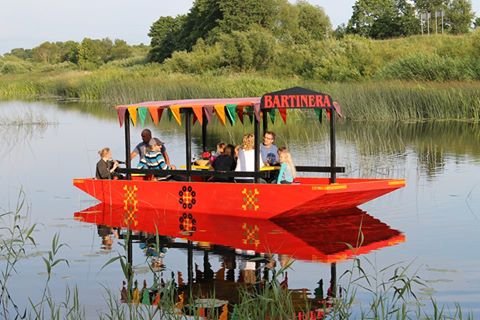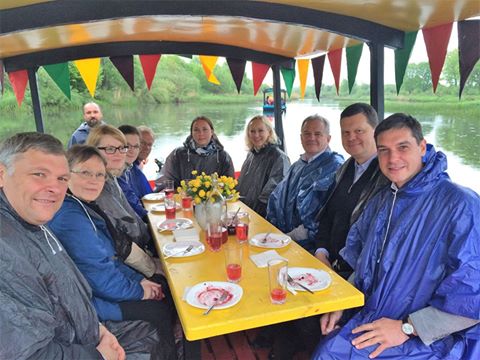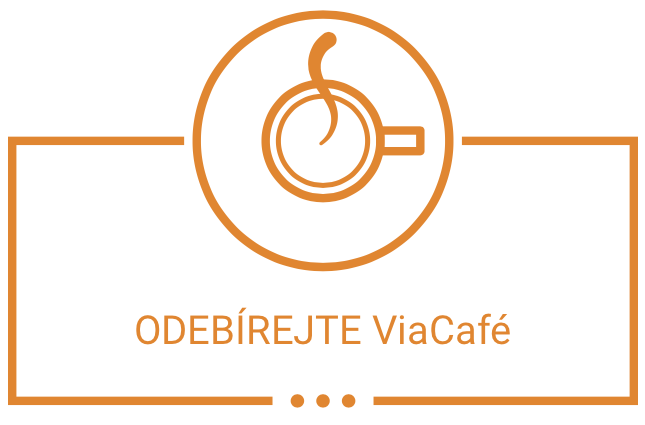Ieva Lāce says she has always been driven by humanitarian projects and initiatives. This passion of hers has taken her to various destinations around the world. For example, as soon as she finished her BA degree, she and two friends founded an international NGO that helps women and children in Sierra Leone. “I remember the movie “Pay It Forward” inspired me, too,” laughs Ieva. More recently she has been developing projects in Latvia. “Perhaps sooner or later my work will serve as a bigger example for the world, but for now I want to focus on work here,” explains Ieva.

During your studies, you participated in various projects in countries such as Thailand, Sierra Leone, Argentina, the Arctic and India… At which point did you decide to come back to your own community in Liepaja, Latvia?
Once I had a debate with one of my professors in Argentina. I was complaining that I don’t see enough change in the world and that perhaps change should happen through platforms like the UN and the EU. He said: “Try to go back to your roots, like the Latvian parliament or grassroots and see how easy or hard it is,”. That made me think. All of my experiences abroad have made me very rich but at some point, it is true – your home country feels like the right place to live and have all these experiences. Besides, Latvia is a very, very green and beautiful country.
Which problem did you consider most poignant in Liepaja?
I have always wanted to improve community work. Once I started to do it in my region, I discovered that the concept of community is very vague there, or maybe it almost isn’t there at all. That has historical roots – Latvians have always preferred to live as far as possible from each other and to not interfere too much with each other in rural areas. This mentality is still present and should be respected. My projects have been welcomed with enthusiasm as ideas, but not so much in terms of active participation or shared responsibility. There are times when I feel very alone with my ideas.
Riga, the capital city, is a bit different because a lot of young, progressive people are there. Maybe it is about finding a middle way or rather the “right” language to use with people you want to interact with. However, there are times when I truly question my ideas – am I proceeding because I believe the community truly needs them or is it my idea that they need them? But I think everyone who is in charge of development projects asks themselves that.
When you returned to Liepaja, the first thing you did was found a local NGO, Allnature, which is a social enterprise providing camping in the wilderness on your family’s property. How did other members of your family react to this idea?
My family owns land in a very beautiful place and that´s why I wanted to use it. Their reaction was welcoming, however, as I said, we have a very individually-focused mentality, meaning that people prefer to be left alone. The same goes for my family. They support me but are not actively engaged in my work. We have implemented some wonderful ideas and planted trees with nature protection initiatives, but since I have now moved to Riga, my activities there are in a passive phase.
But with the help of the ViabilityNet program you have managed to start several other social enterprises in Liepaja. One of them involved building a boat. What was this project about and how is it going now?
It is a wonderful project – a boat decorated with traditional symbols that connects Liepaja Lake and the river and functions as a tourist attraction. The idea was to make it a social enterprise – somebody cooks pancakes on the boat and tells stories from local history in a funny way so that people enjoy themselves. Actually, these boats have become a “must visit” spot in the community. I feel very proud of the family who initiated the project. They happen to be my neighbours and local entrepreneurs. They have three boats now and they are super cool and successful because of the unique design and local stories (you can check them out at https://www.facebook.com/Bartinera/). I think it is very inspiring for the entire region – people love it. As I said, the owners are charming personalities and that is a key point. They were even written up in one of the biggest German magazines with this idea of innovative tourism attractions, i.e. using local inspiration but combining it with modern elements.
Through your project you wanted to bring about changes in the mind-sets of local people. How did that go?
I truly wonder about this question myself. Honestly speaking – I doubt it. I hope I have set some example that different and broader thinking might bring more possibilities in life, but that’s all. I haven’t had any particular feedback, but perhaps the measure is the new ideas that evolve. And the outcome will be seen with time.
If you were to choose just one thing that you have managed to change in your hometown and of which you are proud, what would it be?
I think it is the boat project. I am happy that I was able to support the family who started it in some way. Perhaps it motivated them to know that somebody believes in them and they truly showed that only the sky is the limit.
What are your plans for the future when it comes to your hometown?
I have dreams and visions but not any specific agenda of how they will develop. I also changed my work; now I am a freelancer producer and right now I am living in my granny’s hometown, Sabile, where I am also actively involved in community work and support initiatives that people have started here. In my mind, I am testing the idea ‘can a village become the first place where everyone is recycling all plastic and bottles, etc.’? But I truly wonder. I will explore the possibilities. Right now, I am working on making a Christmas pop-up store for 2-3 weeks where a lot of locals will be involved in baking cakes, reading stories in the evenings for children, etc.
Do you have the feeling that through community work you have somehow changed on a personal level? Have you learned anything new about yourself?
Very much, I must say, and mainly in terms of patience. Sometimes I have to hold back with all my plans. I am used to acting quickly but changes take time. I have also learned that I can do my very best, but the rest is up to people to decide and take action. Sometimes there are strong individuals who take the opportunities provided by my work and in many cases there are not. And I have learned to not take it personally when that happens.
What did the ViabilityNet program mean to you and what would your message to all potential participants be?
The program gave me the chance to go on a wonderful journey with like-minded people – we learned so much from each other. I just came back from Serbia, where I participated in a meeting as an alumni and visited communities and I am so happy that I had this option – it gave me new inspiration and ideas. And once again I learned how many special people there are in the world who work with passion.
I wish everyone would take the opportunity to be part of the ViabilityNet story. It truly changes the world – all around you and the people you are working for.
Ieva Lāce (*1987) is a founder of the Latvian NGO Allnature. She holds a dual BA degree in management and business studies and a MA degree in Global Studies. She has participated in many socio-economic development projects around the world. She works as a freelance event producer in Riga and abroad.





